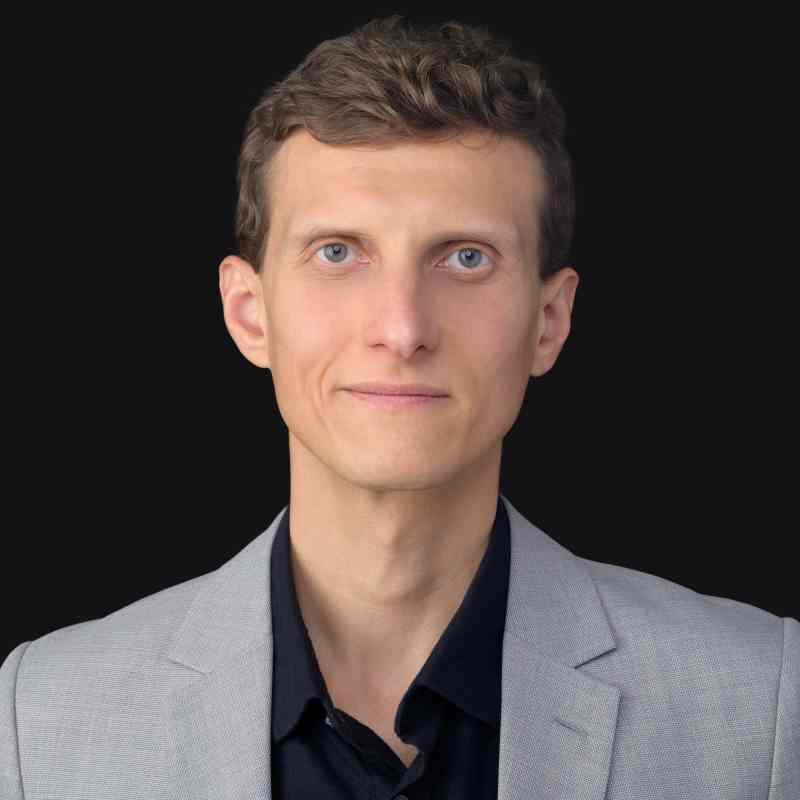Dr. Bartosz Kicior, an experienced media researcher from the Department of Journalism and Social Communication of SWPS University in Warsaw, has recently given a lecture about the dangers of disinformation. His talk was part of the European Reform University Alliance (ERUA) Day celebrations. Watch the recording to learn how to distinguish facts from fiction.
How to dissolve the truth in 7 simple steps? The European experience of disinformation
Disinformation represents one of the most serious challenges, which the societies of the European Union currently face. It affects both democratic processes and the integrity of information in the public sphere. In the fluid reality of the postmodern world, where communication technologies dictate the terms, the boundaries between truth and fiction become increasingly blurred. Bartosz Kicior, Ph.D., analyzed these challenges and explored manipulation strategies employed in anti-EU messaging. His lecture addressed several important questions, including:
- What kind of techniques are used to create manipulated content and fake news?
- Is disinformation a threat to core values of the European Union, such as freedom, democracy, stability and the rule of law?
- How does fake news affect the human right to freedom of information?
- Who is responsible for tackling disinformation within the EU?
Watch the video
Speaker

Bartosz Kicior
Ph.D. / Assistant Professor
holds a doctoral degree in social sciences. He researches aspects of media and marketing communication and their social reception, for example he investigated depictions of authority in pop culture. He has gained journalistic experience while working for online publications, the radio, and live television. He collaborates with the largest independent blog portal devoted to technology and lifestyle – Spider’s Web. At SWPS University he teaches classes in ethics of media narration, online entrepreneurship, public relations, marketing, branding, and data journalism. He also lectures in communication and new media at the AGH University of Krakow and Wyższa Szkoła Gospodarki i Zarządzania w Mielcu (Mielec School of Economy and Management).